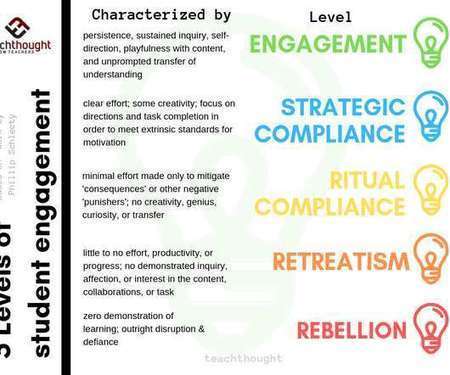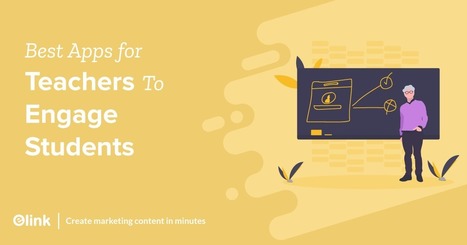Learning remotely and online can present new challenges, or just put a strain on your existing learning strategies. You might be finding that you’re being provided with a lot of learning materials such as powerpoint slides, video, readings or handouts. What do you do with all this material, and how can you make sure you’re learning effectively rather than just staring at your screen, with nothing really going in?
Listen to Helen, one of our tutors, suggesting a few strategies to ensure that you’re actively engaging with learning materials and getting the most out of them.
Via Elizabeth E Charles



 Your new post is loading...
Your new post is loading...


















